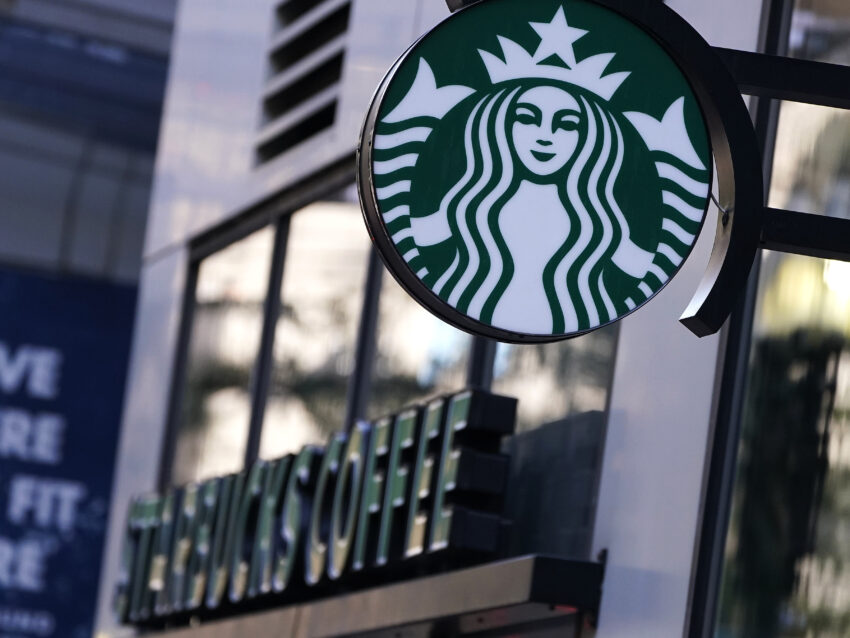By Shivali Shah, Staff Writer
In the wake of brewing controversy, the international coffee giant, Starbucks, finds itself in the center of a major boycott. Many students are skipping their daily coffee run due to problems surrounding Starbucks’s role in the conflict within the Middle East.
The month of December started out rough for the company, losing $11 billion in value due to the boycotts and unions that have been widely supported on social media. The issue that is fueling the boycotts is Starbucks’ apparent support with Israel. It was rumored that Starbucks has donated money to Israel’s government helping fund their weaponry. While Starbucks had dispelled these rumors, issuing statements reiterating their non-political views, the boycotts have continued, furthering their financial troubles.
Starbucks also received hate from their Pro-Israel customers due to a Pro-Palestine tweet their union had posted on X, formerly known as Twitter. Starbucks Workers United tweeted an infographic stating “Starbucks Workers United stands with Palestine… in solidarity with the Palestinian people’s right to determination” (Starbucks Workers United, Twitter). As Starbucks Workers United is affiliated with Starbucks, the company feared that this tweet would lead to misinterpretation of what it stands for. This led to a lawsuit being filed against the union.
Starbucks is quite popular among teenagers and tweens, especially at River Hill, due to its close proximity to the school. Even with the recent controversy, are students still buying Starbucks? Or have the boycotts taken effect with Riverhill students as well?
Surprisingly, a substantial number of students are still loyal Starbucks patrons. Sophomore Gabi Muniz explains, “I wasn’t aware there were boycotts against Starbucks or why there were boycotts. So I still bought stuff from there.” A lot of the people who still buy Starbucks were uninformed of Starbucks involvement or that there were even boycotts occurring. Other students continue to buy Starbucks simply because the issue doesn’t involve them. Sophomore Heather Grey adds, “I continue to go to Starbucks because the boycotts don’t affect me.”
There are still some who prefer not to support the company, standing by their beliefs of the Israel-Hamas War. Sophomore Eri Omitowoju explains, “It’s hard to avoid, there’s a lot of stuff in my house that’s Starbucks related, I got a bunch of Starbucks stuff for Christmas, but I still don’t go. It’s not right.” Many find this conflict to be a battle against morals, as it is hard to elude the billion-dollar company. But it’s worth it according to Sophomore Sanah Ahmed: “I did not appreciate the cause their funds were going towards so in that sense I feel it is worth it [to boycott]. Aside from that, I have much more money saved than if I were to continue going there.”
The Starbucks boycotts have sparked significant questions about whether it is okay to support a business that is involved in political dilemmas. Some students make choices that align with their values to make a change while others feel that is best to stay out of and continue to live life as it was. Nevertheless, the impact of these boycotts has significantly changed the way the world will view Starbucks.

